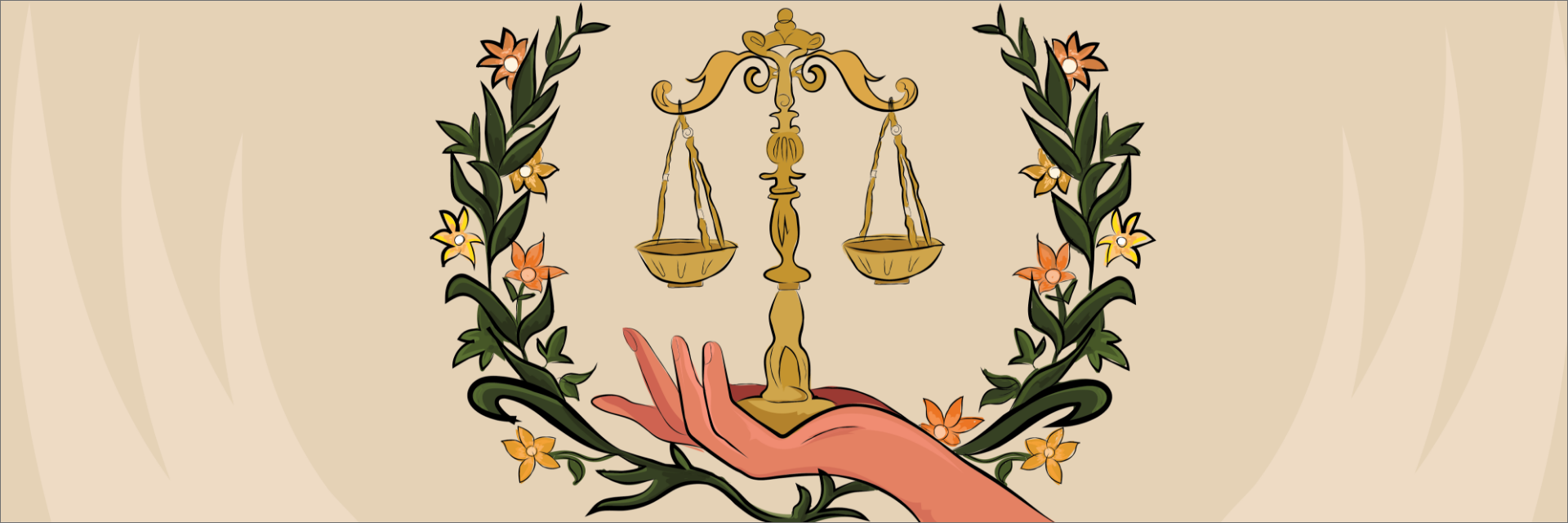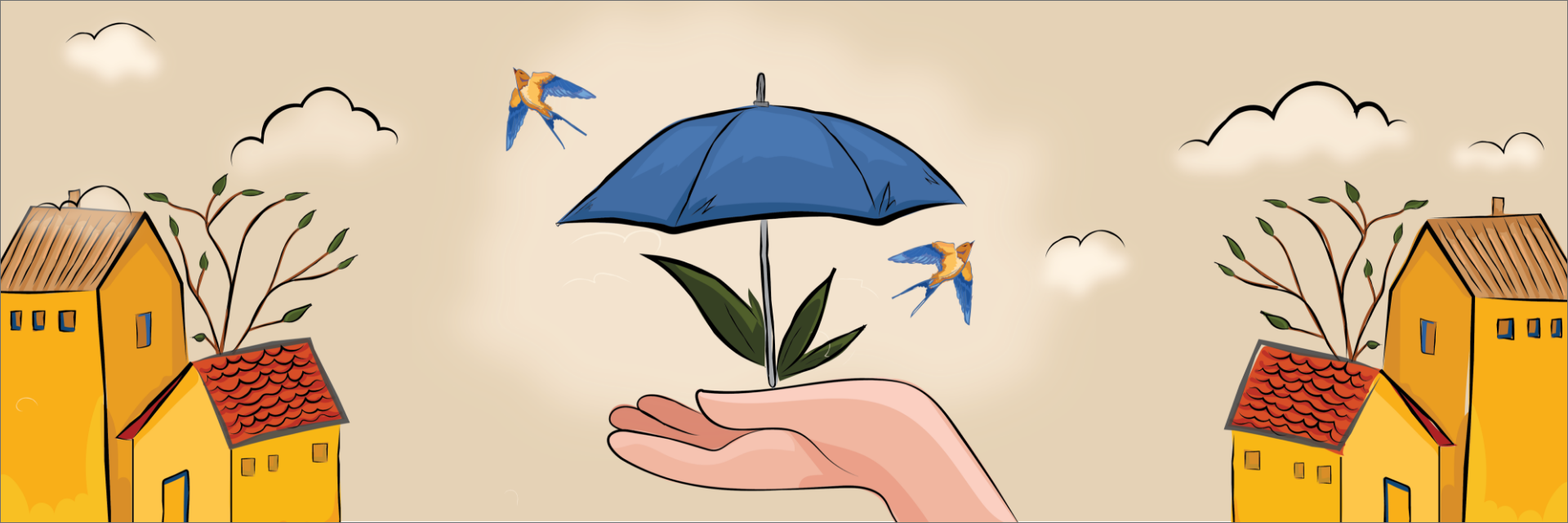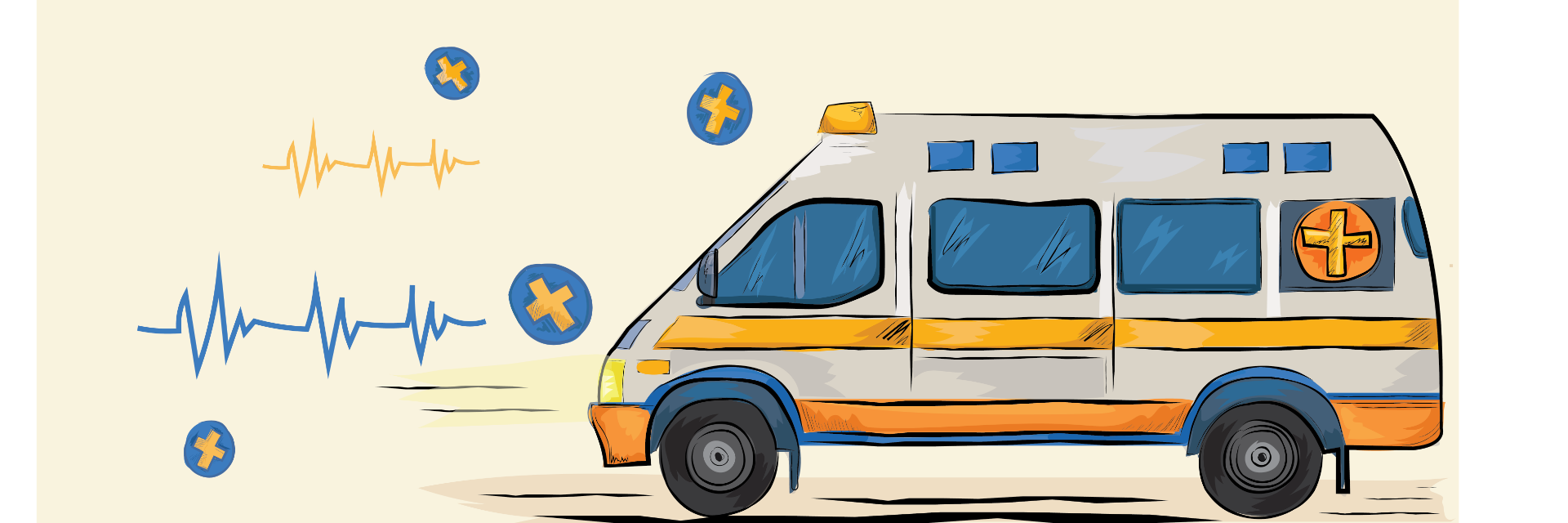
Legal Directory Pakistan
Legal Directory Pakistan
Legal support for gbv survivors in Pakistan
Legal support for gbv survivors in Pakistan
The only difference between a privately engaged lawyer and a legal aid/public defender counsel should be who foots the cost. The legal aid attorney is compensated by the government, unlike a private counsel.
The access to justice is a basic one under Article 4 (due process), Article 10(a) (fair trial as a fundamental rights), Article 25 (equality before the law) and Article 37(d) (inexpensive and expeditious justice) of the Constitution. Legal aid involves provision of legal, financial and other assistance for access to justice to the poor and vulnerable segments of the society, also reiterated under Legal Aid and Justice Authority Act, 2020. Legal Aid is provided free of cost by a lawyer either in an individual or organizational capacity through a legal aid firm, department or a non-governmental organization.
- In most areas of criminal, family, and civil law, legal aid is utilized to offer legal services to disadvantaged clients.
- It is typically legal advice that would impact the person receiving the counsel's rights and duties.
- Its purpose is to inform the survivor of his or her rights as an individual and in the case at hand.
- Provide parties in a family law issue with family dispute resolution services.
- To assist individuals in resolving their difficulties, provide free legal information presented in plain English.
- Provide specialized assistance to certain community groups.
Threats, abuse, and harassment can all be deemed criminal offenses, but you may not be able to pursue legal action unless the harassment is severe enough to warrant a domestic violence order, or is sexual harassment or stalking in nature. Legal help is necessary in order to comprehend the gravity of the offense.
The Pakistan Bar Council Free Legal Aid Rules (1999) were framed under the Legal Practitioners & Bar Councils Act (1973) to give impoverished plaintiffs with free legal representation. Under the rules “any person desirous of free legal aid [submits] an application…to the appropriate Committee” which is then examined and processed. The funds are generated through allocation by the “Pakistan Bar Council, the grants sanctioned by any Government, Local or other body or authority and voluntary contributions made by the Bar Councils, Bar Associations, Advocates, any other Institution, Foundation, Trust, Organization or an individual.” A list of legal practitioners is kept, and they are hired on a case-by-case basis, with appropriate fees paid on behalf of the client and a defined cap for their professional services.
Step 1: Research if the state of Pakistan provides legal aid for the matter that you want it for. (Lack of finances or income is the most common eligibility criteria to avail legal aid in Pakistan).
Step 2: File an application seeking legal assistance in the particular matter to the suitable committee, if you know you’ll be granted pro bono legal aid.
Step 3: The particular committee or organization will get back to you with a lawyer. Make sure your lawyer is well informed of your current situation. Share all the related documents with the assigned lawyer.
Kindly make sure to obtain all information from reliable sources, informal advice from family, friends or acquaintances shouldn’t be deemed reliable and authentic (unless you can establish authenticity). Moreover, information obtained through social media platforms, newspapers/billboards, online Q/A forums or radio/TV should also be crosschecked with a licensed lawyer, eligible to practice law in Pakistan.
Friends, family members, or past clients of a lawyer providing valuable advice.
Legal Support Helpline
AGHS Legal Aid Cell
Phone: 042-3582256-7
Mobile: 0300-8427079
Legal Aid Society
0800-70806 (Toll Free) 24/7
Please scroll through the above shared directory and find the organization best suited to your geographical area for support and help in this regard.
1- Be clear about what you want help with (remember pro-bono or paid you would have short amount of time with the lawyer).
2- Research, collect and bring all necessary paperwork and documents with you (including summons, court orders, etc.)
3- Find out where exactly is the respective lawyer located (address and other relevant details) so you turn up on time.
4- You may take along a friend or family member (someone you trust) for support, but the lawyer might want to speak with you alone.
Legal Aid is considered central in providing access to justice to a large number of people who, due to higher levels of poverty, socioeconomic inequalities and serious affordability issues, don’t have access to justice and can’t afford legal counsel.
Pakistan has a multi-pronged structure of legal aid: (1) Pakistan Bar Council Free Legal Aid Rules, 1999 includes provision of ‘free legal aid to indigent litigants’ under ‘Bar Council Legal Aid Committees’, (2) Access to Justice Development Fund, established by the Government of Pakistan under the supervision of Law and Justice Commission of Pakistan works towards protection of genuine legal rights or interests of deserving litigants through ‘District Legal Empowerment Committees’ (3) Civil and Criminal Procedure Codes contains provisions to deal with legal aid, wherein Section 340 of Code of Criminal Procedure, 1890 provides for counsel at State expense.
Under these rules there are free legal aid committees at the federal, provincial and district level. “Any person desirous of free legal aid submits an application to the appropriate Committee”, which is then examined and processed. For your information, a list of legal practitioners is maintained, who are then appointed, from case-to-case basis, and paid appropriate fee with a fixed ceiling for their professional services.
The funds are generated through allocation by the “Pakistan Bar Council, the grants sanctioned by any Government, Local or other body or authority and voluntary contributions made by the Bar Councils, Bar Associations, Advocates, any other Institution, Foundation, Trust, Organization or an individual.”
The Government of Pakistan has established Rs. 1.5 billion Access to Justice Development Fund, with one window of investment earmarked for legal aid and empowerment. This fund is funneled under the supervision of Law and Justice Commission of Pakistan regulating the distribution of funds under the mandate of the District Legal Empowerment Committee (C&F) Rules, 2011.
Under a District Legal Empowerment Fund, a deserving litigant, for protection of genuine legal rights or interests is provided assistance after submitting requests in writing on a plain paper addressed to the Chairperson or in a manner prescribed by the Committee.. A District Legal Empowerment Committee is constituted by the Law and Justice Commission with the concurrence of the concerned High Court and Provincial Government.
Legal aid is utilized to offer legal services to disadvantaged clients in almost all areas. There is a fair number of organizations working in Pakistan to provide legal assistance for issues such as (1) violations of human rights by state or non-state actors, (2) to women in obtaining their rights under family law, (3) to victims of the abuse (especially women and children), (4) discrimination against or persecution of religious minorities, among others.
Step 1: Research if your case is eligible for legal aid in Pakistan. (Lack of finances or income is the most common eligibility criteria to avail legal aid in Pakistan).
Step 2: File an application seeking legal assistance for the particular matter to the suitable committee (if you are looking for legal aid from state avenues) or reach out to any organization from our legal support directory. If you meet the eligibility criteria, you’ll be granted legal aid.
Step 3: The particular committee or organization will get back to you with a lawyer. You would be requested to share all the related documents and details with the assigned lawyer.

PSYCHOLOGICAL support Directory pakistan
PSYCHOLOGICAL support Directory pakistan
PSYCHOLOGICAL support for gbv survivors in Pakistan
PSYCHOLOGICAL support for gbv survivors in Pakistan
Violence and its various manifestations have a direct impact on the mental health of the survivor. The World Health Organization has recognized gender-based violence as a significant public health issue directly affecting the mental health of survivors, especially women. The risk of developing anxiety, depression etc. is found to be higher for victims of gender-based violence.
Socio-cultural stigma, together with psychological trauma, often prevent women and girls from seeking help after experiencing gender-based violence. Women have also expressed that, fear of not being believed by friends, family or authorities also prevents them from disclosing their experiences.
GBV is a distinctive form of trauma because the violation involved is extremely invasive and gives rise to feelings of shame, self-blame and guilt. When combined with fear of being injured or killed, it is traumatizing in almost all cases. Thus, in order to recover from the trauma, it is pertinent for survivors to seek out mental health support.
Gender-based violence can have a huge impact on a survivor, mentally and physically. Everyone reacts differently, but a lot of people feel strong emotions – ranging from moderate to extreme. Thus, it is recommended to seek out a mental health professional in all cases of GBV.
The survivor may feel behavioral symptoms such as anger, anxiousness, anxiety, extreme sadness, depression or physical symptoms such as crying, shaking, difficulty sleeping or at times serious health problems. Just to add, the survivors might often also experience trauma-related stimuli i.e., words, objects, sounds, smells, recollections of traumatic event (flashbacks, nightmares, frightening thoughts as if it is happening in reality) etc. Thus, if you experience any of the aforementioned symptoms you must immediately seek mental health support. Kindly note that, the symptoms are different for everyone.
Mental health support empowers survivors to recognize abuse and to heal the psychological wounds. It can help change people into active survivors rather than passive victims. Furthermore, early and adequate psychological support can: (a) prevent distress and suffering from becoming more serious, (b) assist survivors in coping and readjusting to daily life, (c) assist recipients in resuming their regular lifestyles and (d) meet the needs of the community.
The main differences between psychiatrists and psychologists are: Psychiatrists are medical doctors, psychologists are not. Psychiatrists prescribe medication, psychologists can't. Psychiatrists diagnose illness, manage treatment and provide a range of therapies for complex and serious mental illness. Psychologists focus on providing psychotherapy (talk therapy) to help patients.
If you have decided to seek help, the following information may help you:
1- Therapy is a two-way relationship, in which the mental health professional will listen you, in confidence and without making judgments.
2- The aim of these sessions would be to help you understand yourself better and come to terms with what has happened to you.
3- Psychotherapy is tend to be more intensive than behavioral or humanist therapy and may continue for longer. Some practitioners use these terms interchangeably.
4- Effective therapy/counseling will help you to break away from past abusive relationships and will help you build your self-esteem and live a fulfilling life.
In Pakistan and elsewhere, you would generally have an introductory session with therapist to decide whether you want to officially continue with the therapy.
It is extremely important to carefully select a mental health professional or service provider if you have experienced gender-based violence: (a) the therapist you choose needs to be appropriately qualified and experienced, (b) they should also have a good understanding of gender-based violence and its effects, (c) they should take care not to appear to blame you or make you feel guilty in any way for the abuse you experienced and (d) it is important that you feel comfortable with your therapist, and are able to build up a rapport and a sense of trust in the relationship.
Complementary and alternative therapies can be used in conjunction with other treatments. Although there isn't usually a lot of scientific data to back up claims that they can aid with mental health issues. However, many people find them relaxing and beneficial.
There are several complementary and alternative therapies available. The following is a list of some of them: (a) Massage, (b) Meditation, (c) Aromatherapy, (c) Herbal Medicine, (d) Acupuncture, (e) Energy Healing, (f) Yoga and others.
Yes, there are helplines that are working to provide mental health assistance free of cost. Please search through our psychological support directory.
Helplines:
1) UMANG – 092-03117786264
2) ROZAN – 0304-111-17411

Social Support Directory Pakistan
Social Support Directory Pakistan
Social support for gbv survivors in Pakistan
Social support for gbv survivors in Pakistan
Shelter homes in Pakistan are intended to improve victim and child safety, increase accountability, and inspire positive change in the community's attitude toward domestic violence. Domestic violence is addressed through a variety of services, including emergency shelter and safety, psycho-educational counseling, advocacy, and education. Strategically focused programs are developed to address difficulties that, once resolved, enable survivors to resume their lives.
The majority of Pakistani shelters provide women with vocational training in sewing, arts and crafts, cooking, beautician training, and literacy classes so that they can become financially independent of their husbands. Shelter houses can also assist women in obtaining employment.
Women commonly seek temporary safety in shelters for a few months for reasons other than assault. Among these include housing challenges, employment and social counseling, legal issues, rehabilitation, medical issues, and mental health concerns.
Circle Woman: Works with women from underserved areas and entrepreneurs to give them an equal standing in the digital world through advocacy, research, technology and innovative entrepreneurship labs. CIRCLE provides digital skills from basic digital literacy for women at the grassroots level to coding, digital marketing and more.
Ehsaas Kafaalat Program: Ehsaas Kafaalat is the government’s programme through which it will give cash stipends of Rs. 2,000 monthly and bank accounts to the most deserving and poorest women across the country. Through a parallel Ehsaas policy initiative, women will also get better access to smartphones, as a step towards digital inclusion.
National Incubation Center: NIC helps to empower women entrepreneurs with the art of fundraising so they can gain access to better investment opportunities through their Online Fundraising Readiness Program.
This is totally dependent on the shelter you intend to contact. Some shelters can only accommodate people for 3-5 days. It is more typical to stay for 30 days. After that period has passed, the staff will generally examine your case and decide whether or not to prolong or terminate your stay. Many shelters allow for prolonged stays ranging from three months to a year.
Shelters and safe housing programs offer you with all of your basic needs, such as food, clothes, and hygiene, at no cost.
In Pakistan, shelter houses do not offer transportation. If your life is in danger in an abusive environment, the best thing you can do is contact the cops (15) and tell them what's going on. Police are trained to deal with such circumstances and will ensure that you get safely at your designated shelter or safe home.
Legal assistance is provided by the majority of Pakistani shelter houses, but not all of them. Panah, for example, is a public-private collaboration with the Sindh government that offers survivors with housing and legal support. You may always call legal aid providers and other call centers for help if you are traveling to or are at a shelter home where legal aid is not given.
It is critical that you leave an abusive home or family with all of your legal documents, including your national identification card (NIC), passport, property or marriage paperwork, cheque books, and ATM cards, among others. All of these documents are yours, and you have exclusive authority over them. A proof of identity, such as your NIC, driver's license, or passport, is the bare minimum legal document required at any refuge house.
Although each shelter and safe housing program is unique, the following is a basic outline of what to expect:
- Location is secure and private. Everyone's safety is a top focus in shelters and safe housing programs. It's possible that you'll be requested to keep the location a secret.
- There are no charges. Shelters and initiatives for safe housing are both free.
- Unless you provide your explicit consent, your information will be kept private and will not be shared with other agencies. You will be requested to respect the privacy of other program participants by not disclosing their identities or circumstances to others.
- Arrangements for sleep. It's possible that you'll have to share common rooms and a bedroom. Most shelters require people to share the kitchen, common living spaces, and restrooms.
- Laundry facilities are available. Laundry facilities and linens are generally available at shelters and safe housing programs (sheets, towels and blankets).
- Visitors are not permitted in the shelter or safe housing program, but you are free to meet with your friends and family elsewhere.


